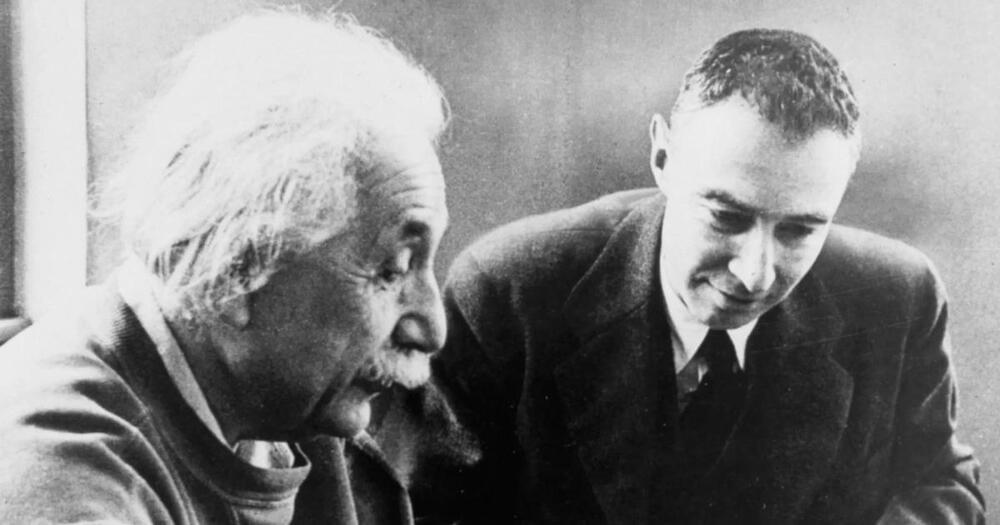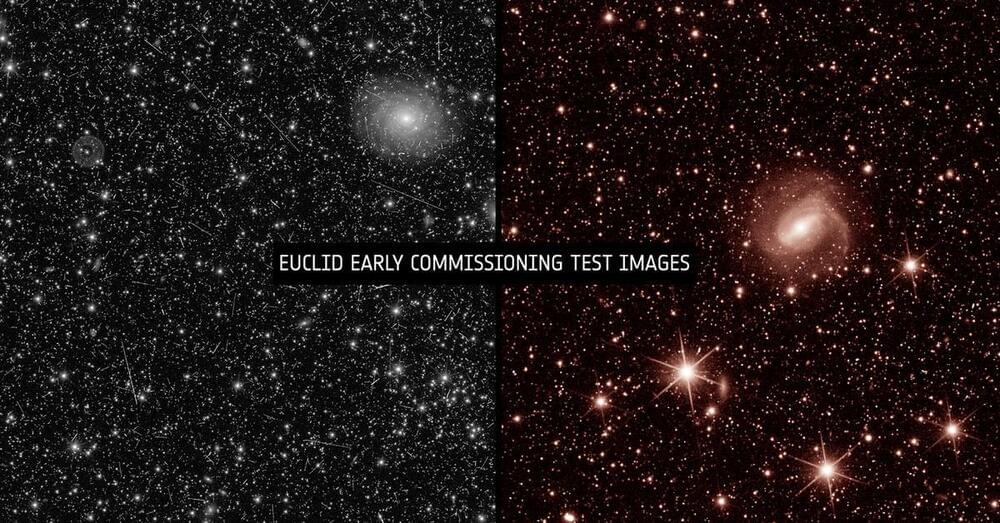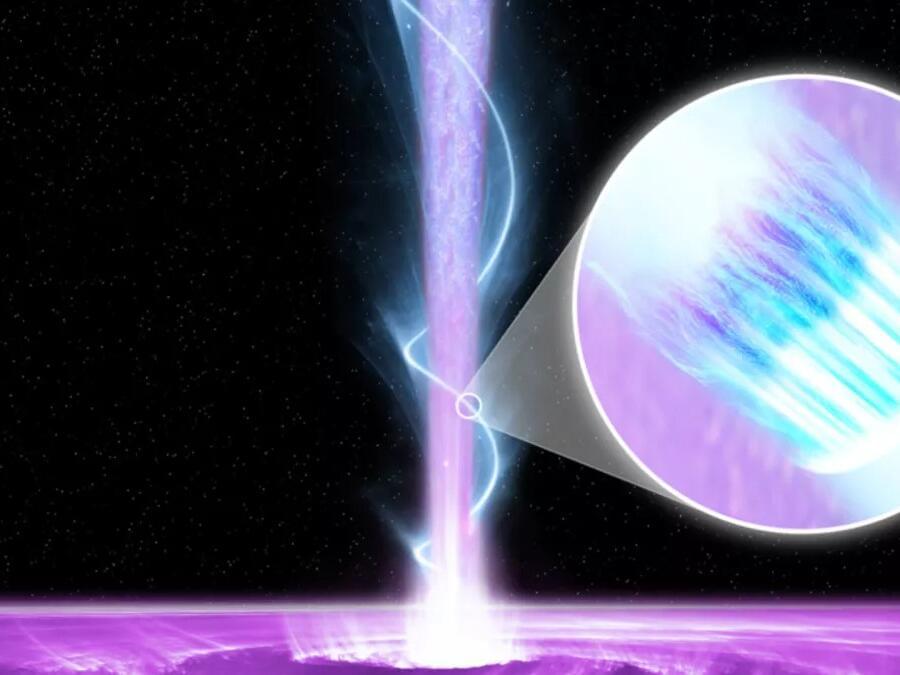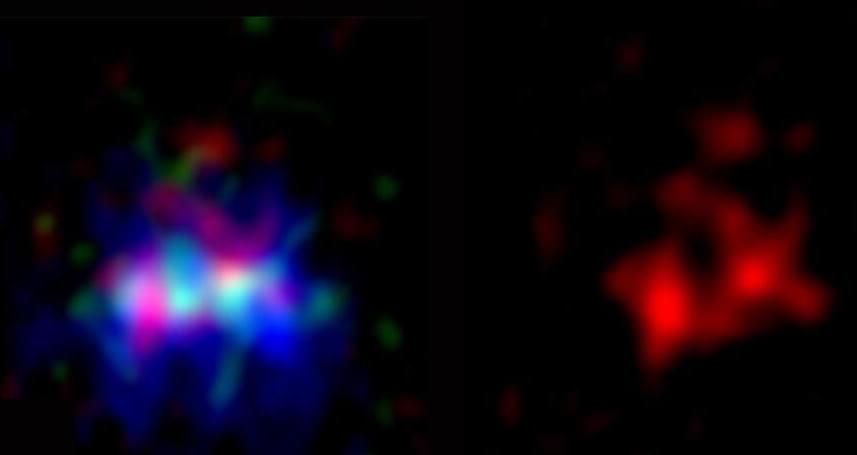Experience the dystopian rainfall of a Blade Runner universe in this ASMR track! Sit back, relax and let the futuristic cyberpunk music transport you to a dark and dangerous future.
This sci-fi ambient music is perfect for any fan of Blade Runner 2049. With a cinematic soundscape and spine chilling music, this track will transport you to a dark and dystopian future. Enjoy the sounds of rain falling on a roof, the sound of a blade cutting through metal and the sound of a cyborg walking the streets of a city at night.
Dystopian Rainfall is an immersive, atmospheric ambient track that transports the listener to the rain-soaked, neon-lit streets inspired by the Blade Runner universe. This captivating composition masterfully combines the soothing sound of rainfall with the distinctive synth tones that define the film’s iconic soundscape.
If you love Blade Runner, Blade Runner 2049 or anything from it — you’ll enjoy this one!
Subscribe for more videos just like this:
#ambientmusic.




